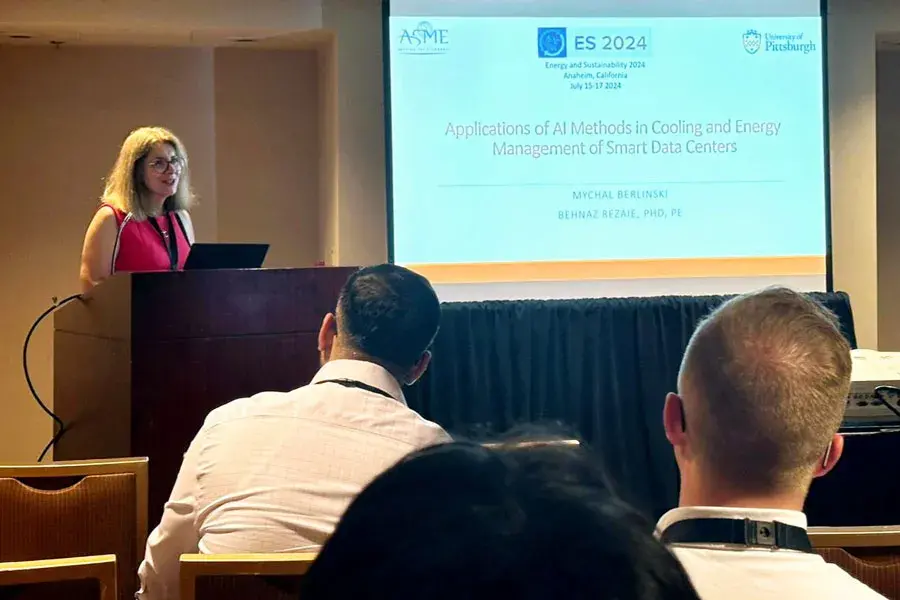
Applied Mathematics - BS
Solve real-world problems using mathematics.
Why study applied mathematics at Pitt-Bradford?
Because your professors are committed to teaching and helping you succeed. Most of your classes will be small, so you’ll get the personalized attention you deserve. You’ll also work closely with your professors on mathematics-related projects and research, which may even get published in mathematical journals.
If you’re interested in teaching math, you can obtain your teacher certification by adding some additional education courses to your schedule. And, since there is only a small difference between the requirements for the applied math and math education majors, you may decide to major in both.
What will I learn?
You’ll learn how to model real-world phenomena from various areas, including business, engineering and science. You will develop reasoning, computational and communication skills that will help you throughout your life and careers.

What can I do with a degree in applied mathematics?
Almost anything. Our applied mathematics graduates are business affairs specialists, technical writers, financiers and educators.
With the preparation they received in the program, many of our alumni also furthered their education in graduate school.
Job titles:
- Actuary
- Statistician
- Intelligence Analyst
- Product Analyst
- Data Scientist
- Mathematical Modeler
- Quantitative Financial Analyst
- Algorithms Engineer
- Mathematics Teacher
Employers:
- Academic institutions and research institutes
- Analytics and forecasting organizations
- Insurance companies
- Government labs, research offices and agencies
- Financial service and investment management firms
- Consumer products companies
- Communications services providers
-
MATH 1303
Mathematical ModelingAn application of mathematical concepts and computer software to the formulation of models and solutions related to criteria ranking, decision making, biological modeling, environmental modeling, and optimization. -
MATH 1309
Applied Problty And StatisticsRandom events and probability spaces, conditional probability. Random variables, distribution of random variables, and parameters of distributions, central limit theorem. Populations, samples, and statistical inference. Point and interval estimation, hypothesis testing, regression analysis. Some work with SPSS computer package.
Program-Related News

Professors publish and present
Alumnus publishes first article with faculty mentors.

Fund for Mount Jewett students reaches $1 million
Preference for Turnquist scholarships given to math and science majors.

Faculty win awards, present and publish
McCabe receives awards for two most recent books.